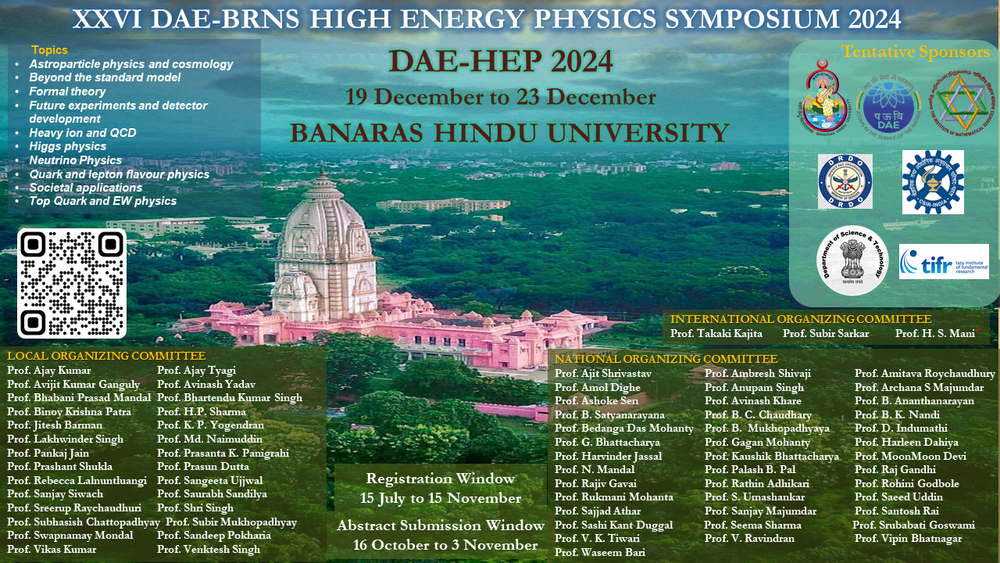Speaker
Description
Resistive Plate Chambers (RPCs) play a vital role in high-energy physics experiments, offering excellent particle detection efficiency and time resolution across large areas. Usually, Freon-based gas mixtures facilitate these performance attributes but pose significant environmental concerns due to their high Global Warming Potential (GWP). In light of growing ecological awareness and stricter regulations, this study investigates eco-friendly alternatives aimed at preserving the performance standards of RPCs.
We present an evaluation of a glass-based RPC detector utilizing CO2-based gas mixtures as a substitute for traditional C2H2F4/i-C4H10/SF6 mixtures. Key performance indicators – count rate, cluster size, and detection efficiency – were assessed across varying CO2 concentrations and benchmarked against standard gas compositions. A 64-channel ASIC-based front-end electronics named HARDROC has been used for data extraction.
| Field of contribution | Experiment |
|---|

